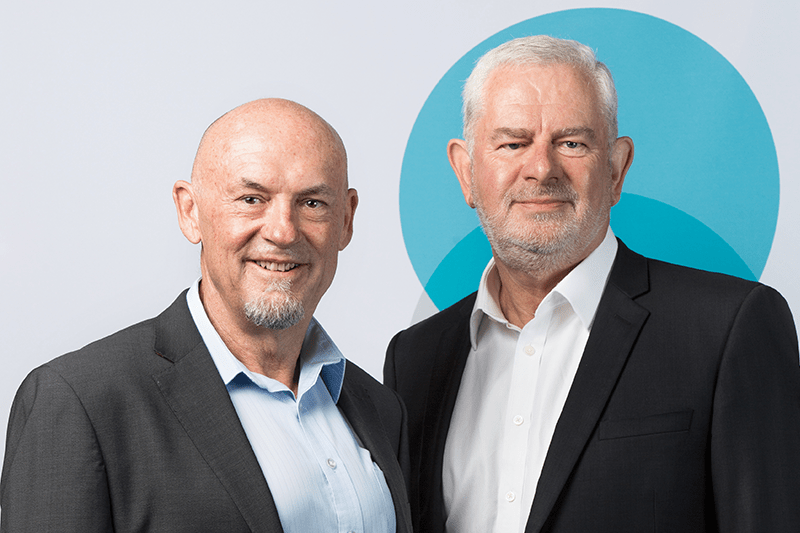By Peter Kelly on 22 May 2019
Against the odds and the predictions of both pre-election polling and the commentary of so many media “experts”, the Coalition looks set to return to government following the 18 May Federal Election. This result was not expected, and I am sure many readers were preparing for significant changes to tax, and to their superannuation.
With the return of a Coalition government, we can expect to see some of the super initiatives announced in the 2019 Budget, and in legislation that lapsed when the election was called, being reintroduced to the Parliament.
So, what can we expect to see?
- Increase in contribution age limits:
The 2019 Budget included a proposal for people aged 65 and 66 to be able to make super contributions without having to meet the current “work test”. This proposal is now expected to be introduced to Parliament in the near future. It is due to take effect from 1 July 2020. - Extending the age limit for the three-year bring forward:
Under current law, an eligible person may bring forward up to three year’s non-concessional contributions and contribute up to $300,000 in one year, provided they were aged 64 or younger at the start of the financial year in which they make their contribution. This age limit is to be extended to 66 from 1 July 2020. - Extending the age limit for spouse contributions from 69 to 74:
People who make contributions for an eligible spouse up to 74 years of age will be able to claim a tax offset of up to $540. The age limit is being increased from the current 69 years. This will apply from 1 July 2020, however, a receiving spouse aged 67 or older will need to have met the work test. - Insurance opt-in:
While legislation affecting insurance held inside super for people with an inactive account (haven’t made contributions for 16 months) has already been enacted. We can expect to see the measures extended to those with account balances less than $6,000 and for members under 25 years of age. In each case, members will need to opt-in if they wish to have insurance cover through super. - SMSF membership to extend to 6 members:
The legislation relating to the increase of SMSF membership to 6 people (up from 4) lapsed when the election was called. We can expect to see this legislation being re-introduced into the new Parliament. - Opting out of Superannuation Guarantee:
Where high-income earners work for more than one employer, their superannuation guarantee contributions often result in a breach of the concessional contribution cap. The Government has plans to allow affected employees to opt-out of superannuation guarantee for all but one employer so as to avoid breaching the concessional contribution cap of $25,000. - Salary sacrifice arrangements:
Integrity measures covering aspects of salary sacrifice contributions to super and their potential impact on superannuation guarantee contributions lapsed when the election was called. We can expect to see these measures reintroduced by the new Coalition government.
These are just a few previously announced measures that we could expect to see introduced to the 46th Parliament once the new government has been sworn in. If you have questions about these proposed measures, and opportunities they present, you should consider meeting with a qualified financial planner.



comments